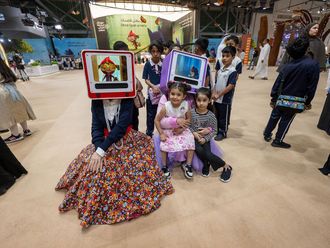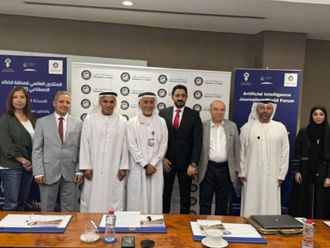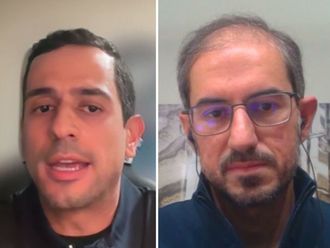
These are notes from my learning diary. I call them teaching formulas:
CAN YOU TEACH A ZEBRA ALGEBRA?
No. Not even if the zebra grazed in the lawns of Harvard or Oxford for a thousand years. Teachers are so obsessed with teaching subjects that they forget that it is not subjects that they teach — they teach a biological being. The learning ability of the child is mediated by her biology. There are multi-modal teaching methods just as there are multi-faceted learners. Some learn best in the visual mode and some through physical movement. Once, I went around in a school asking teachers what was the subject they taught. One said geography, another said mathematics and so on. “Is there anyone who teaches students here?” I responded.
GOOD TEACHERS EXPLAIN; GREAT TEACHERS ENLIVEN
Good teachers explain; the great ones enthral. The best teacher I had was a ‘substitute teacher’, which meant he could walk into any class when the regular subject teacher was absent. He would spin his lessons around the real subject - that was us. His expressed life without inhibitions - when he frowned, he frowned with his full face participating in it and when he laughed, you could see the gold filling in one of his molars. The substitute teacher could make the most mundane lessons magical. His chemistry classes were an audio-visual treat. He would bring a complex chemical reaction alive using images as sensuous as a painter’s brush strokes.
A HUNGER FOR THE WHOLE
My guru taught me to see the unity of life. “If all the oceans of the earth dried up, you will see one landmass in a seamless unity and not as different countries”, he pointed out. One could conceptualisze a world without passports - white spaces where the only walls were those created by the human neural network. An average teacher divides our world into an either/or universe: either socialist or capitalist, art and technology: “Look at a bamboo tree. Observe that it is the most artistic piece of technology that draws water like a pump without polluting the environment”, he would say. A great teacher does not take sides, he brings sides together. A teacher is someone who gives us a hunger for the whole.
LEARNING DELIGHT
My most meaningful moments with my teachers were delightful moments. Once, as he entered a classroom, he found two students in a co-ed class with their heads very close to each and other and deep in some private conversation. To the startled twosome, he said, without a trace of embarrassment: “You now understand that two heads working closely together are better than one.” Most teachers don’t seem to remember that delight, or ananda, as the word is called in Sanskrit, is at the core of the learning process. Those are the Eureka moments that liberate the mind from the shackles of ignorance. All learning is in the pursuit of happiness that lies buried in us. My guru would often quote Arthur Schopenhauer, the German philosopher, who once said: “It is difficult to find happiness within oneself, but it is impossible to find it anywhere else.”
LIVING IN QUESTIONS
I realized that a brain dulled by the predictable was undermining its own magnificence. We need our students to live in questions rather than deal dubious answers. Whenever a difficult question was asked in school, students came up with one of the two responses: predictably, the frontbenchers had their hands up and the backbenchers would have their heads down. There was, however, always the exceptional ones who, even if they did not know the answer, would still raise their hands.
Great teachers have the uncanny ability to awaken the dormant aspects of our brain by asking the most searching questions. They teach us that this awakening happens not in the length of our answers but in the depth of our questions. One such question I can spend a lifetime pondering on is: If livelihood is for life, what is life for?
(Professor Debashis Chatterjee is currently the Director of IIM, Kozhikode. He has taught leadership classes at Harvard University. He can be reached at dciimk@gmail.com)












